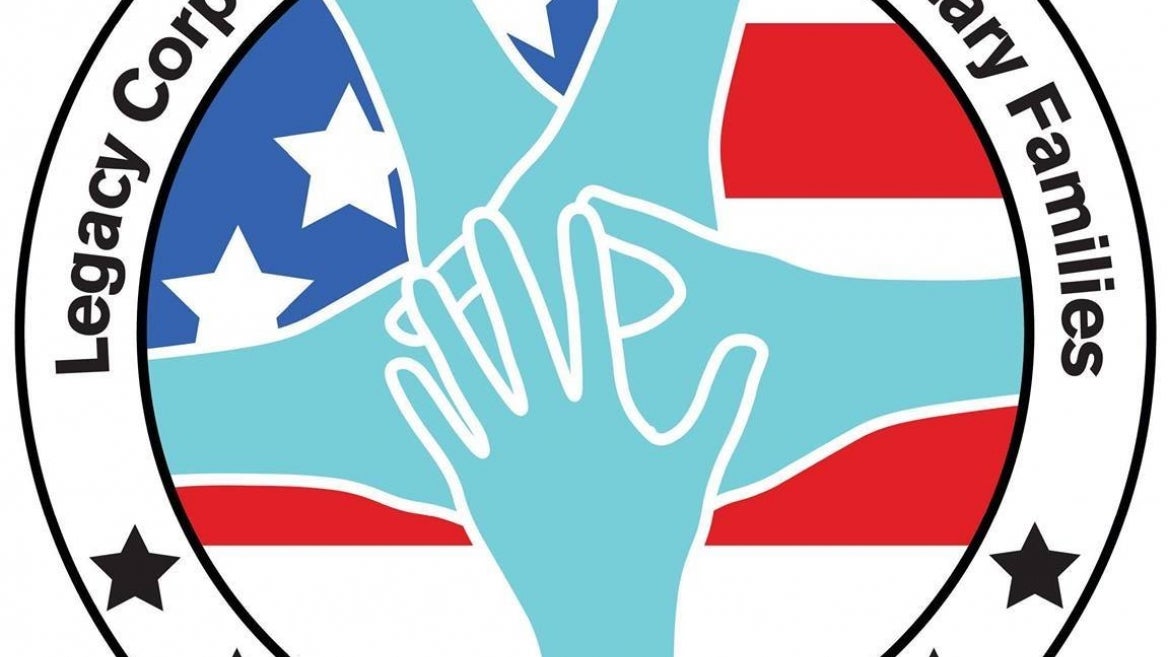
ASU-based Legacy Corps receives 3-year funding renewal to provide volunteer respite care to veteran and military families
Families providing round-the-clock care to infirm veterans or military members will have volunteer respite caregivers to help them for another three years, as a federal agency renewed funding for a 20-year-old ASU program that administers the assistance.
AmeriCorps agreed in May to continue funding Legacy Corps for Veteran and Military Families (LCVMF). The renewed financial support from the federal agency and other sub-award organizations, which begins Sept. 1, totals approximately $13.3 million and runs through 2024, said LCVMF principal investigator David Swindell, an associate professor in the ASU School of Public Affairs.
LCVMF, or Legacy Corps for short, is a Watts College of Public Service and Community Solutions-based national program that since 2001 has been providing respite caregivers to families of more than 720 veterans and military members who require 24-hour services. Volunteers deliver care in eight states, including Arizona.
Legacy Corps was developed to meet the need for respite care designed specifically for families who are caregivers to veterans or military members. Its goal is to keep loved ones in their communities longer, postponing or avoiding institutional care completely.
Swindell, who is also director of the ASU Center for Urban Innovation, said he is grateful ASU will continue as Legacy Corps’ home.
“We are lucky to have such great nonprofit partners around the country working with us and the AmeriCorps members to deliver this underprovided service,” Swindell said. “Helping primary caregivers who are taking care of other veterans and military family members helps all those involved and illustrates ASU and the Watts College’s commitment to community service.”
Legacy Corps deploys more than 500 AmeriCorps volunteers to help families through 14 partner agencies. In February, Arizona became the eighth state Legacy Corps serves by adding Phoenix-based Hospice of the Valley as its latest partner organization.
Many of the more than 720 families Legacy Corps volunteers serve include Vietnam War veterans, but they also assist veterans of World War II and the Korean War, said Jack Steele, Legacy Corps’ national program director. Some of the patients suffer from the effects of Agent Orange or have cognizance issues, he said. Continued funding means keeping veterans or military members in their homes longer.
“It will allow us to train 512 AmeriCorps members who go to homes to provide caregiver support services, to allow the veteran or military member to stay in their homes,” Steele said.
The funding includes a monthly stipend of $200 that enables each volunteer to pay for personal needs such as groceries and transportation. This is a fraction of the cost of hiring a full-time home health worker. Volunteers are also eligible for funding toward the cost of their college attendance of up to $1,500 per year. At age 55, the volunteer can transfer that amount to a child or grandchild.
Many of the Arizona volunteers are ASU students, Steele said, filling 24 of 50 volunteer positions.
“It’s different than a home health worker,” Steele said. “They truly become like family.”